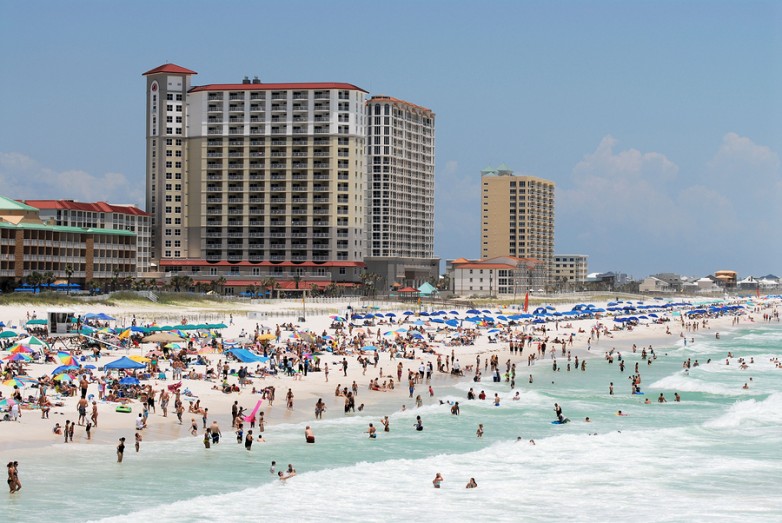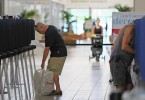Last week, I wrote about the rise of Orlando as a global LGBT destination. This goes beyond just tourism, which has been drawing in visitors to the theme parks and Gay Days for years. It’s becoming a cultural hub of creativity, leisure and tolerance due to a variety of legal and commercial factors.
Now comes word from across the pond that Ireland has become the first country to legalize same-sex marriage by popular vote. This predominantly Catholic country has made a huge statement for human rights. I would not be surprised if the Catholic head of state, Pope Francis, continues to carry this message of acceptance and diversity when he visits Cuba and the United States later this fall.
These global trends are highly encouraging of course. But as Orlando illustrates, Florida itself continues to make great strides as the ripple effects from marriage equality continue to wash over the state.
While South Florida has been attracting LGBT singles and couples for years, North Florida is now beginning to show signs that the social divide between north and south has become less stark. During the last 10-20 years or so, what was clearly a blue versus red schism (and still is to a large degree), continues to slowly blur with time.
This past Memorial Day weekend witnessed thousands of LGBT people attend holiday festivities at Pensacola Beach. Organizers say more than 150,000 have attended LGBT-related events during the past couple of Memorial Day weekends.
The Emerald City bar in downtown Pensacola has reportedly come to serve as a kind of party central in past years and this year has proven to be no different with major activities going down every night starting Friday night and continuing through Monday evening.
Parties, on the beach and off, have begun to attract international DJs and entertainment industry celebrities.
Local experts say the influx of visitors provides a huge, crucial boost to the region’s economy. While most of the visitors drive in from surrounding areas, an increasing number are starting to fly in as well. In fact, from Memorial Day on for the next 10-11 weeks during summer, it’s a do or die situation for most area hotel and restaurant owners. All need to make enough money during the summer to get them through the weaker winter or shoulder seasons.
And that’s where the LGBT community provides vital support. According to local business owners, LGBT events have been held on Santa Rosa Island since the mid-1970s. Then, in the late 80s and through the 1990s, Memorial Day weekend really took off, with parties springing up in warehouses and eventually moving to more mainstream venues like the Pensacola Civic Center.
Bear in mind that all of this has been happening in the Pensacola area — considered one of Florida’s most conservative regions politically – at the same time that we have been hearing so much about the growing LGBT communities and related development within the more southern counties of Miami-Dade and Broward. Just because those of us who prefer to live in South Florida aren’t seeing other parts of Florida on television and in the movies, doesn’t mean life isn’t happening.
Now head east from Pensacola to Jacksonville on the other coast. It may surprise you to learn that Jacksonville is the largest city in Florida by population. It’s another metropolis that wouldn’t traditionally rank that high when it comes to diversity, tolerance or LGBT friendliness.
But as a result of the most recent citywide election held on May 19, a majority of the city council in Jacksonville now back adding sexual orientation and gender identity to the city’s nondiscrimination ordinance.
According to Equality Florida, its local volunteers, working with their counterparts from the Human Rights Campaign, were able to successfully mobilize more than 100,000 voters in an aggressive campaign to elect pro-equality council members. Advocates say they are now confident that the new makeup of the council will lead to the passage of a nondiscrimination ordinance–voted down three years ago.
But even if the council approves protections for LGBT people, the new mayor, Lenny Curry, could veto them. Curry said he doesn’t think discrimination exists in Jacksonville. Thankfully, when a mayor vetoes a bill, the council can override it.
What does this all mean? As the recent legislative session in Tallahassee shows, there are still plenty of forces at work that could see our agenda slow down or stopped in its tracks completely. But as this past Memorial Day weekend and the recent Jacksonville election show, it’s now much too late for that. The very noticeable cracks of progress have begun to appear throughout North Florida and beyond.







